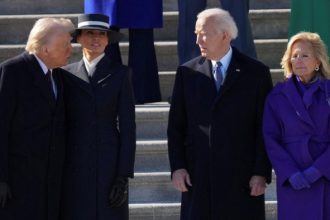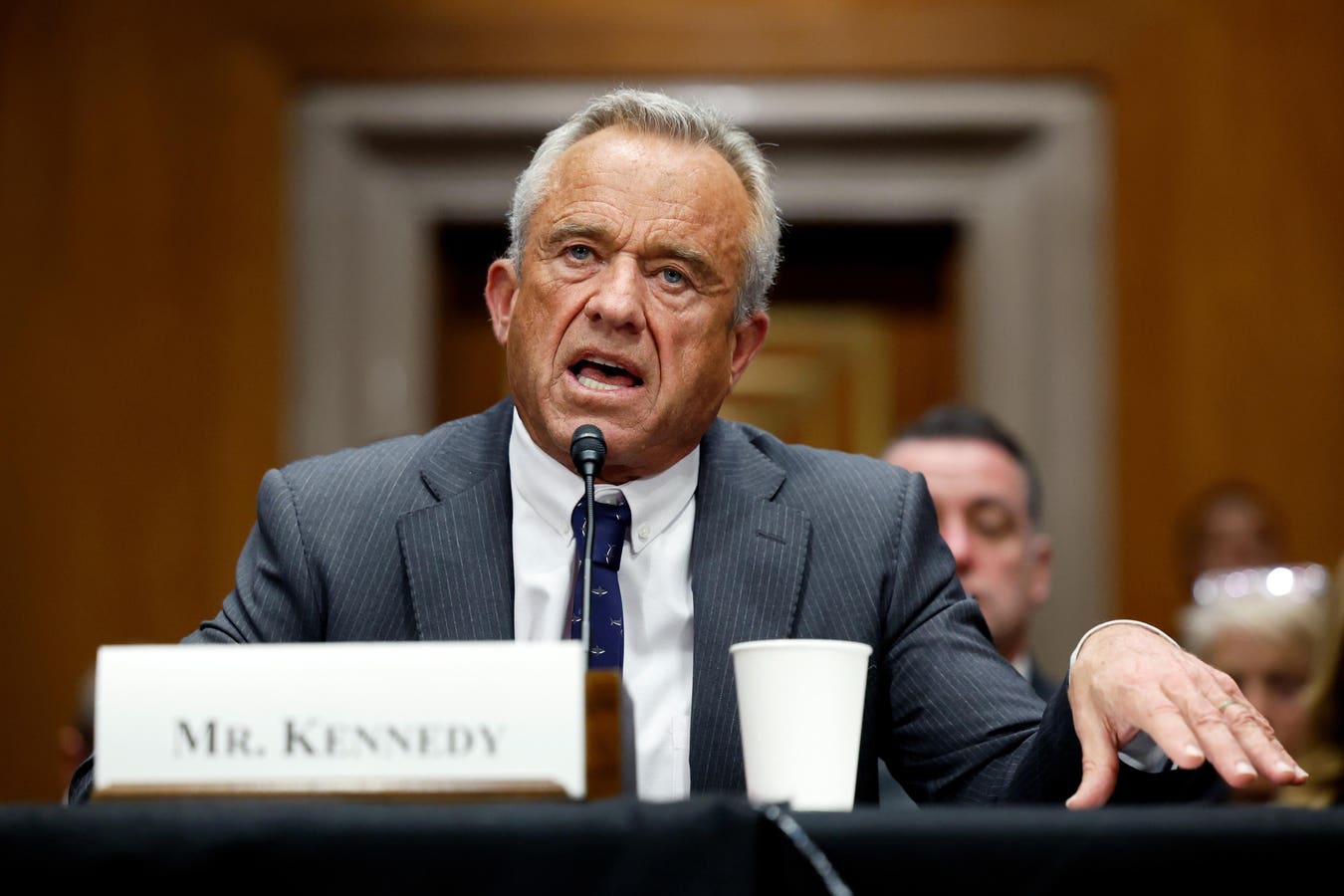Robert F. Kennedy, Jr. has been vocal in shining a spotlight on the problems of chronic disease, obesity, mental health and the failure of this nation to confront and address the underlying dynamics which have led to these pervasive health issues. He has also raised the strategic profile of these issues, suggesting they have implications for the security of our nation and its future. He has been outspoken in his criticism of the food industry and equally outspoken in his disdain for the failure of Congressional and administrative oversight of the nation’s food supply. He has rightly challenged the nation for failing to act on the number of harmful additives in our food supply that we know to be contributors to many of the chronic diseases that plague the U.S. including cancer.
“Make America Healthy Again” could be a rallying cry across the country regardless of one’s political affiliation. Imagine a nation that takes seriously the importance of regular exercise, thinks about what it eats, understands the relation between physical and mental health, establishes goals for mental health and personal well-being and takes accountability for personal choices that affect quality of life.
Kennedy has challenged the nation to confront unhealthy lifestyles, examine the country’s food production practices, questioned what taxpayers fund for their kids meal programs in our public schools, underscored the continued existence of food deserts in our inner cities and the cost they present to the nation, and highlighted the easy availability of empty calories with long shelf lives and the paucity of fresh fruits and vegetables.
In a relatively short time Kennedy has forced America to at least begin to recognize that the food choices they make have significant consequences for their overall well-being. He has forced us to engage in public conversation and acknowledge that the nation has a chronic disease problem that is driving the nation’s life expectancy lower. And he has attributed much of this to the failure of regulatory authorities to heed what scientists have known about the effects of food for years.
Kennedy has been challenged on positions he has taken against the pharmaceutical industry, most notably regarding vaccines. Painted as broadly “anti-vax” he attempted to walk that back in his heated Senate confirmation hearings. The data are overwhelming that vaccines have been critically important in preventing outbreaks of polio, measles, mumps and mitigated the deleterious effects of flu and Covid-19. While critically important from a public health perspective, idiosyncratic reactions to vaccinations and other medicines do occur.
There is no way to uncover every reaction to a drug or a vaccine based on testing a sample of the population, no matter how well-designed and controlled a study is. Until the size of your sample approaches the size of your population there will always be idiosyncratic reactions that are not positive, as infinitesimal as they might be. And that is what specific departments within HHS are tasked to do—critically and independently evaluate the science and make decisions about the relative risk and benefit of a given pharmaceutical agent or vaccine. The FDA decides after considerable scientific scrutiny whether the asset in question confers more benefit than it does potential harm.
If approved, it is then the job of CMS to determine how that asset should be reimbursed based on its relative value in economic and clinical terms. It is also the job of CMS to oversee the judicious use of resources in delivering care for the nation’s seniors and more recently evaluate the extent to which care is safe and appropriate. Unfortunately, the nation’s “healthcare system” is itself a sickness system, designed to treat conditions, including chronic disease, rather than prevent them. If the new secretary of HHS is committed to making America healthy again, the underlying business model governing the healthcare ecosystem and its incentives need to change.
If we were smarter about regulation concerning our food, the nation could be healthier. And putting in place a health-oriented business model for the industry would create greater accountability and better outcomes. Whether or not Kennedy is confirmed by the Senate, he has made a significant contribution to the dialogue about our nation’s health. He has been a voice in the wilderness. He has already had a significant impact by raising the awareness of Congressional leaders and the American people about the criticality of health and our national responsibility to act before it’s too late. Of particular concern is his alleged position on seizing drug patents and taking draconian measures to control the price of pharmaceuticals. Such action would be bad for the health of our nation and not solve the underlying issues.
The new secretary of HHS must be surrounded by knowledgeable people who understand science, the mandates of the myriad agencies that fall under its vast umbrella and the fact that they often work at cross purposes. These powerful department directors must have a different vision of what’s possible, be able to navigate the challenge of systemic change and create excitement for a business model that can enable us to make America healthy again.
Read the full article here





